Advantages & Disadvantages Of Low Vs. High-Speed Air Compressors

The speed at which a screw air compressor rotates is a critical factor that significantly influences its performance, energy efficiency, reliability, and its suitability for various industrial applications. Lower speeds result in reduced operational costs, and an increase in reliability which is the cornerstone of ELGi's commitment to energy-efficient air compressors.
Advantages of Low-Speed Air Compressor
Operating at a slower rotational speed (around 400-2,500 RPM), these compressors experience less wear and tear, translating to a longer lifespan and decreased maintenance costs. The slower operation also results in better volumetric efficiency and fewer mechanical losses, further enhancing their energy efficiency. For industries looking to cut operational costs and reduce their environmental footprint, low-speed compressors are an attractive option.
Advantages of High-Speed Air Compressors
High-speed air compressors, with rotating speeds ranging from 3,000 to 30,000 RPM, are designed for applications requiring a given volume of compressed air in a smaller package. Their main advantage is the ability to increase compressed air output with a smaller compressor airend therefore occupying a smaller footprint which can be crucial for certain industrial applications. While reduced energy consumption is often associated with low-speed compressors, high-speed models can offer cost-effective solutions for specific scenarios, providing the same output in a smaller compressor. However, it's important to be mindful of the potential for increased wear and potential maintenance issues due to the higher operational speeds.
ELGi’s Recommendations for Air Compressor Performance
Understanding the implications of changing an air compressor's speed is vital. Increasing the speed can lead to a higher air flow rate, but also increases power usage and component wear. While a faster compressor can produce more air, ELGi advises caution due to the potential for increased operational costs and the need for more frequent maintenance.
Considerations for Increasing Air Compressor Speed:
Design Compatibility: Ensuring that a compressor can handle higher speeds is crucial.
Lubrication: Adequate lubrication is necessary to minimise wear and tear.
Cooling: Proper cooling systems are essential to prevent overheating at higher speeds.
Maintenance: Increased maintenance interventions are key to safe and efficient operation.
For guidance on adjusting your compressor's speed to balance air production and energy efficiency, ELGi's compressed air experts are a valuable resource.
Additional Tips for Optimal Air Compressor Performance:
Cleanliness: Keeping the compressor clean from dust and debris is essential.
Regular Maintenance: Changing oil and filters regularly helps maintain performance.
Inspection: Regularly inspect for leaks and damage to prevent unforeseen issues.
Avoid Overloading: Operating within the compressor's capacity ensures longevity.
Intended Use: Using the compressor for its designated purpose prevents misuse-related issues.
Choosing the Right Air Compressor with ELGi
ELGi manufactures both Variable Speed Drive (VSD) and Fixed Speed Compressors, catering to a wide range of industrial needs. Variable Speed compressors are ideal for applications with varying air demand, as they adjust motor speed to save energy. Fixed-speed compressors suit applications with constant air demand, offering consistent performance.
ELGi's air compressors come equipped with advanced control systems and improved heat recovery systems, further enhancing their energy efficiency. These features not only reduce energy consumption, but also offer additional cost savings by utilising waste heat for other processes.
Conclusions
The choice between a low and high-speed air compressor should be informed by your specific needs, considering factors like energy consumption, operational costs, and application demands. ELGi's EG Series oil lubricated compressors exemplify the benefits of low-speed operation, including reduced energy consumption, quieter performance, and extended lifespan. For those requiring adaptable solutions, ELGi's VSD compressors offer flexibility, while their fixed-speed models provide the same unwavering efficiency but at a lower price point.
Engaging with ELGi's air experts can help you navigate these choices, ensuring you select a compressor that aligns with your operational goals and efficiency requirements. In a world where energy costs continue to climb, choosing a compressor that optimises performance while minimising energy consumption is more important than ever.
For more information on how to choose the right air compressors based on your specific applications, we welcome you to contact one of our many ELGi Air Experts.
RELATED BLOGS
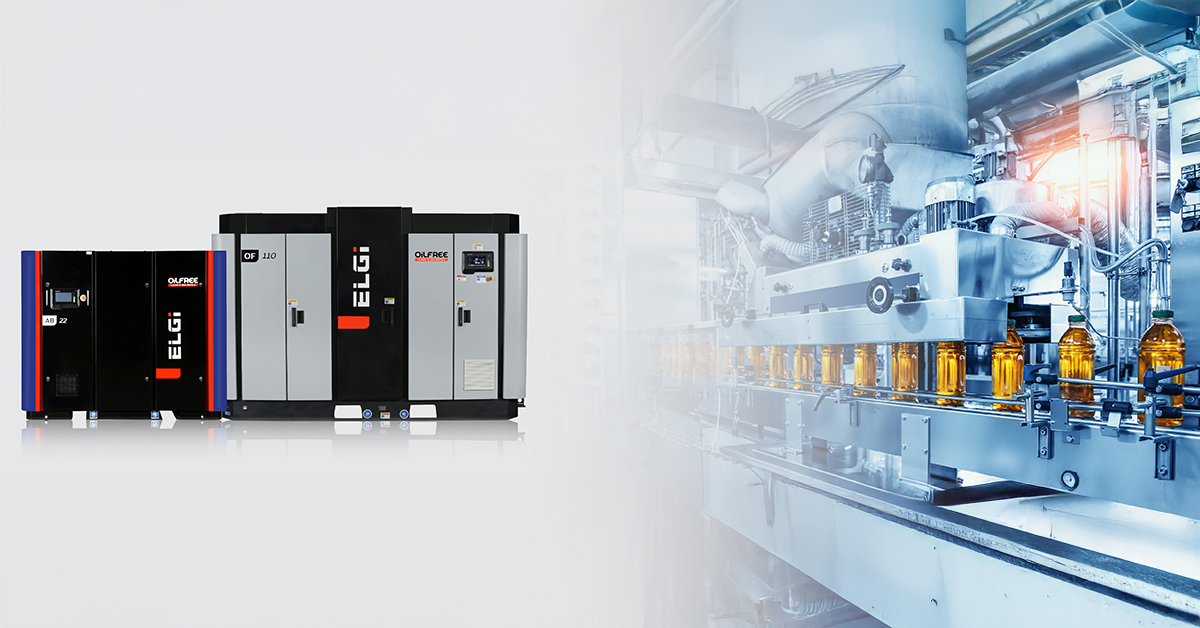
Imagine running an industrial production line that requires absolutely clean air, whether ...
Read More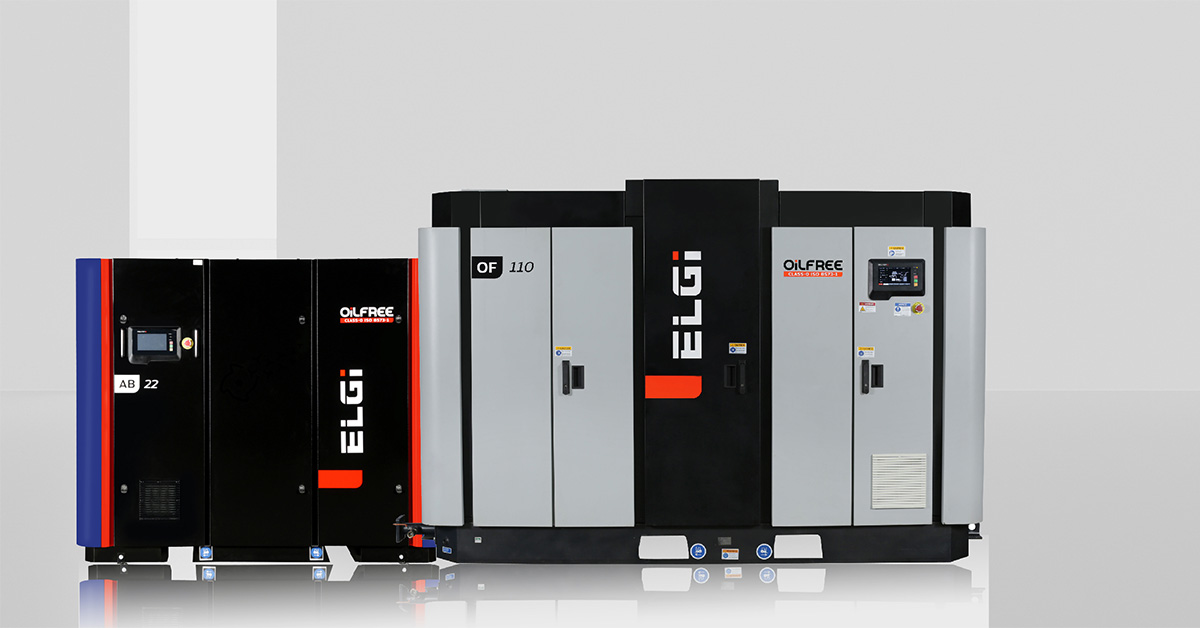
Clean compressed air is vital to the operations of various industries. Oil-free compressor...
Read More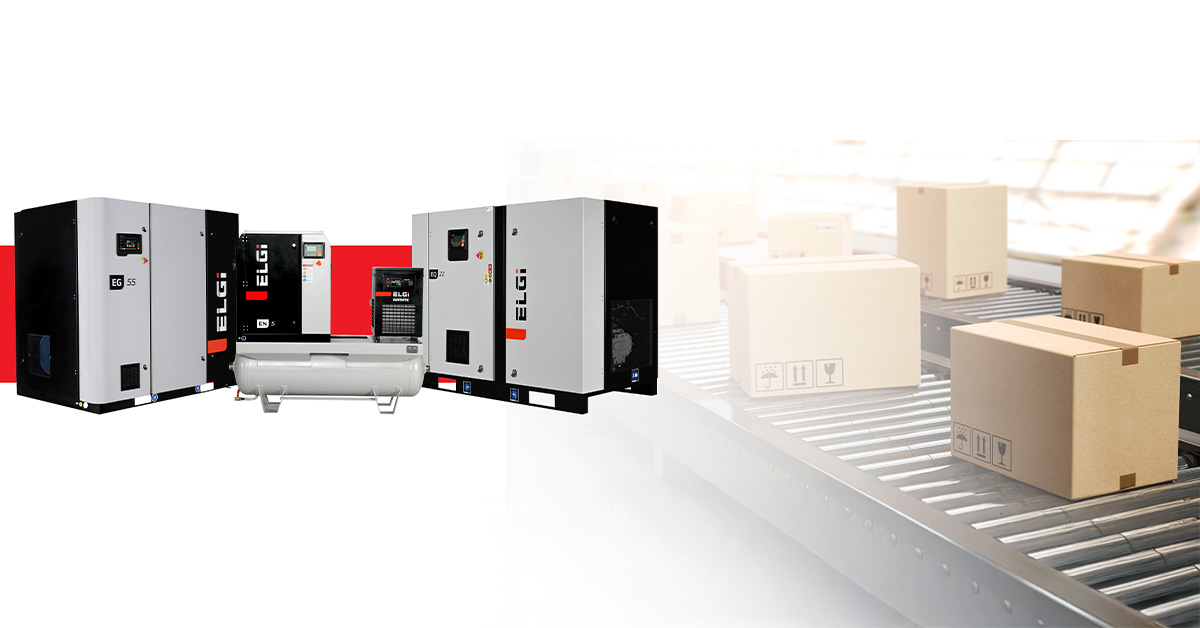
The packaging industry plays a vital role in the global economy, helping to protect and de...
Read More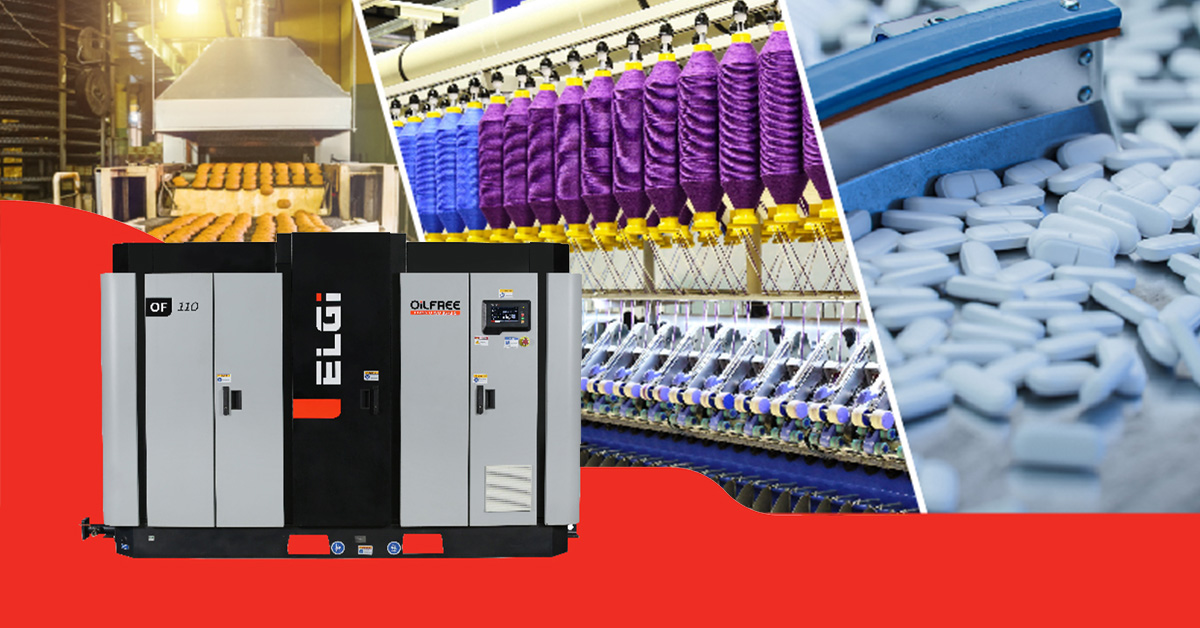
Have you ever wondered how air compressors achieve the highest levels of compressed air pu...
Read More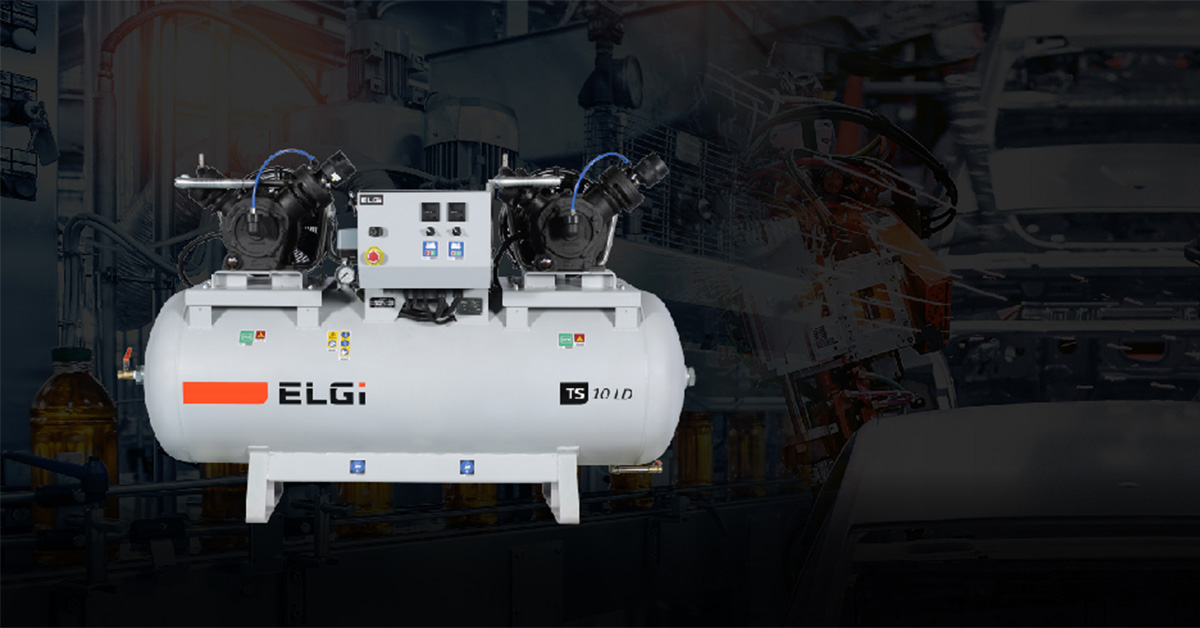
In the industrial sector, selecting the right air compressor is crucial for maintaining pr...
Read More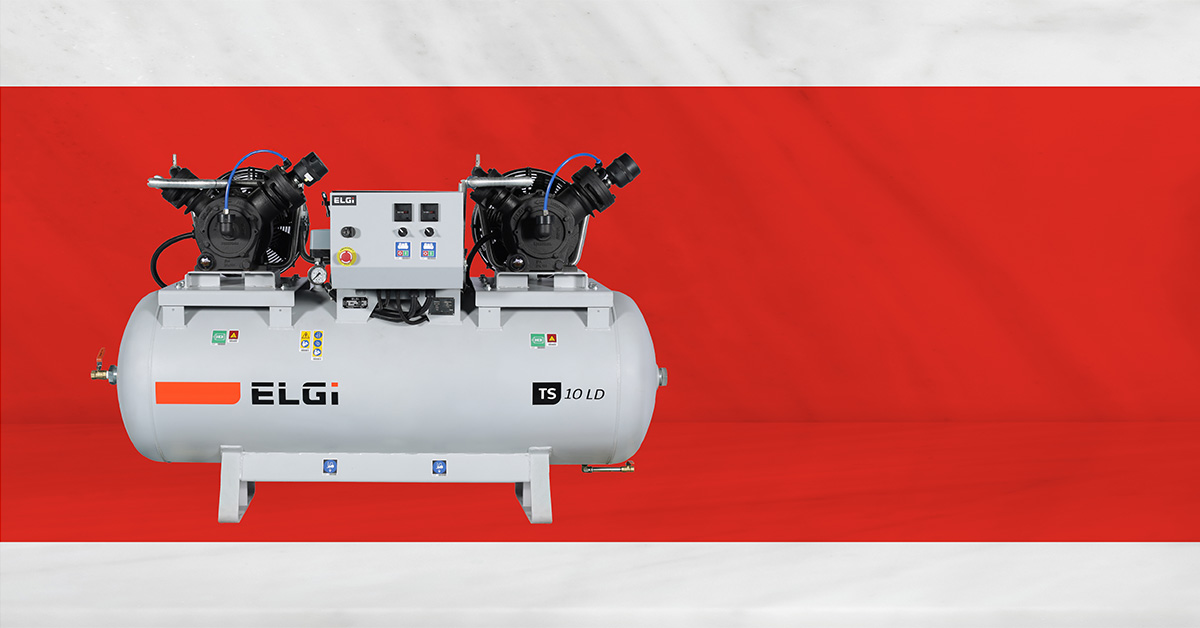
Selecting the right air compressor for your business is a crucial decision that can signif...
Read More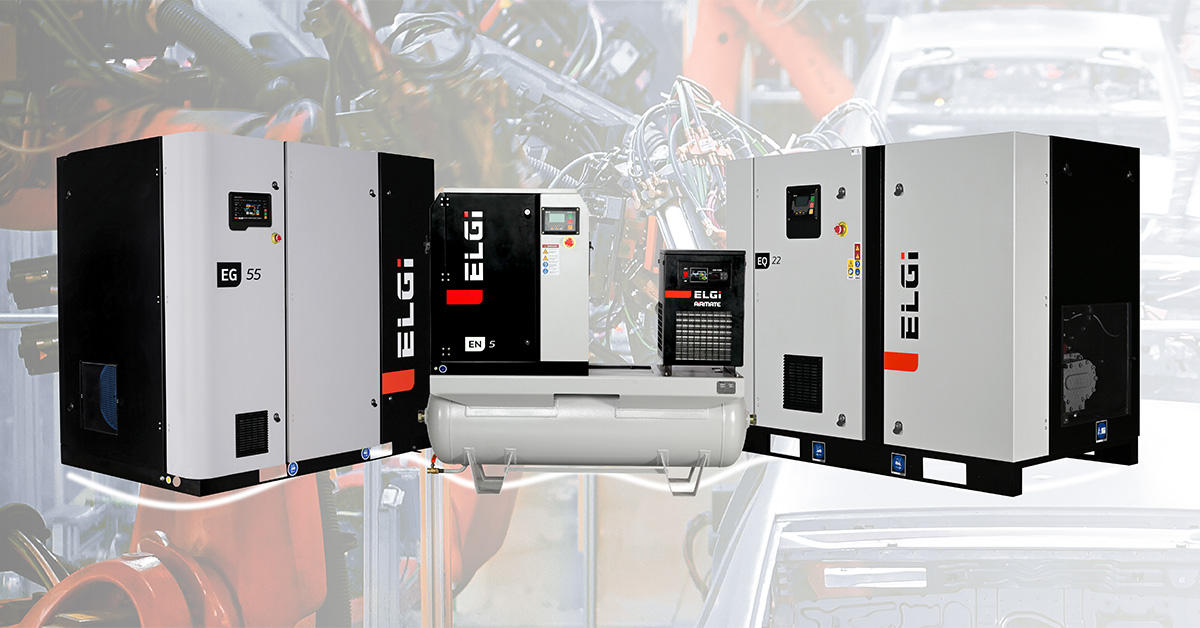
Adopting electric oil-lubricated rotary screw air compressors can significantly enhance th...
Read More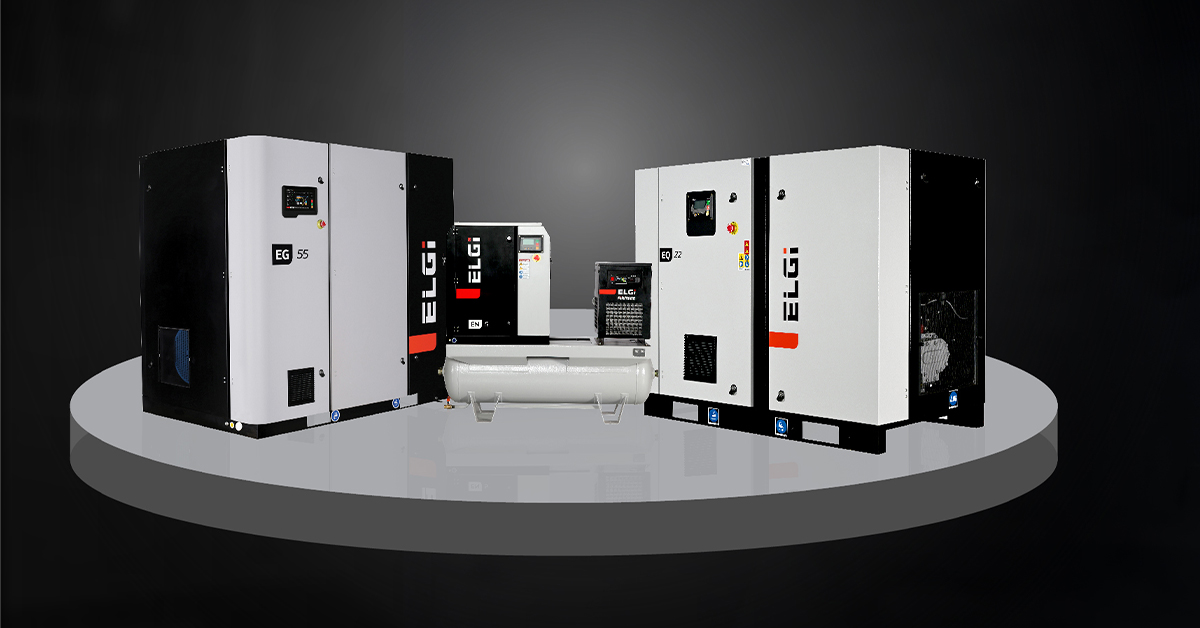
In the metal fabrication industry, the right air compressor can make all the difference. F...
Read More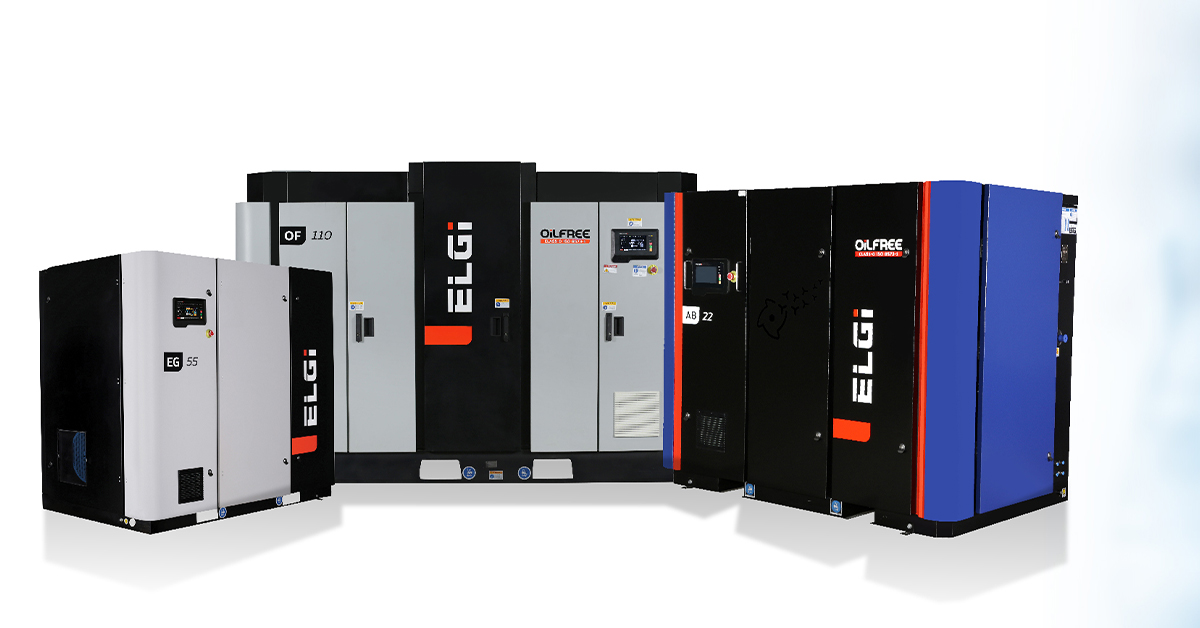
Air compressors are the unsung heroes of the chemical manufacturing industry. They power v...
Read More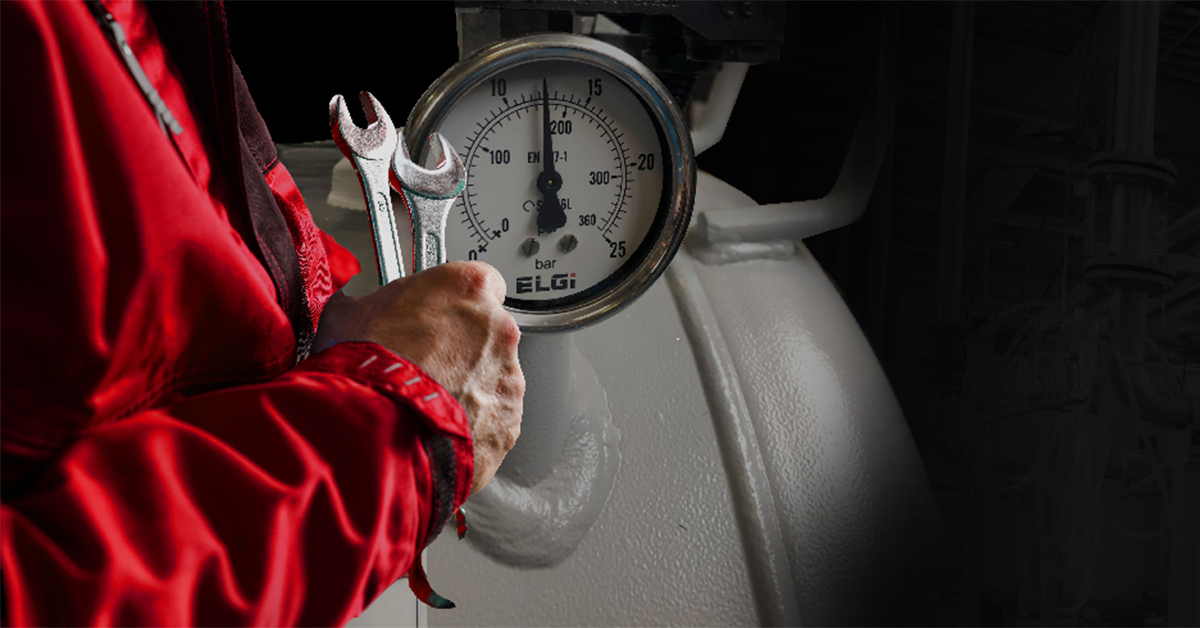
At the core of various industrial activities stands the industrial air compressor, an indi...
Read More